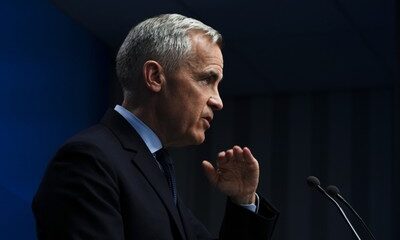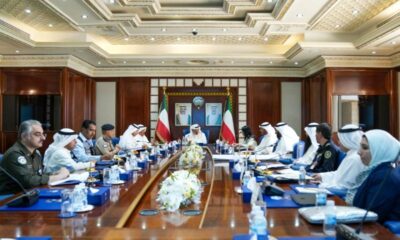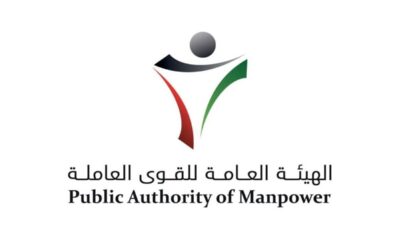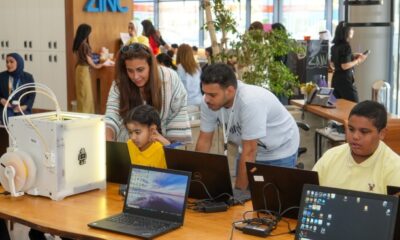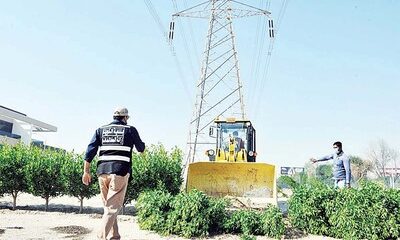KUWAIT: Undersecretary of the Ministry of Defense Sheikh Dr Abdullah Mishal Al-Sabah affirmed Monday that the ministry, under the guidance of the country’s wise leadership, considers proactive preparedness for crises and disasters a cornerstone for reducing their impact and ensuring the continuity of vital services — foremost among them, the health sector, which he described as the first line of defense for human life. Sheikh Abdullah made the remarks in a speech delivered at the opening of the “Principles of Disaster Preparedness in Healthcare” conference, organized by the Kuwait Medical Association (KMA) in cooperation with the Military Medical Services Authority at the Ministry of Defense and the Directorate of Medical Services at the National Guard.
He noted that the conference aims to bolster national preparedness in the healthcare sector by fostering knowledge exchange and enhancing coordination among relevant entities. Sheikh Abdullah highlighted the importance of honoring scientists and healthcare professionals who have contributed to the advancement of medical services at both local and international levels, commending their pioneering efforts in this essential field.
He further emphasized the continued cooperation between the Ministries of Defense and Health and the National Guard with other competent bodies and prominent medical institutions to strengthen emergency preparedness and response capabilities. He called for sustained collaboration and integration to ensure optimal readiness to face future challenges.
Officials take a group photos after the conference.- KUNA photos
Chairman of the Board of Directors of the Kuwait Medical Association
Sheikh Abdullah also lauded the efforts of the medical services departments at the Ministry of Defense, National Guard, and Ministry of Health, as well as the Kuwait Medical Association, for their concerted actions in tackling health crises with professionalism and efficiency. He stressed the importance of ongoing training, evaluating on-the-ground needs, and investing in human and technical resources to boost rapid and effective emergency response. Meanwhile, Chairman of the Kuwait Medical Association Dr Ibrahim Al-Tawala echoed similar sentiments, noting that cooperation with the Ministry of Defense and National Guard reflects a strong model of national synergy in serving Kuwait and empowering medical personnel to handle various challenges.
Dr Al-Tawala said the KMA has consistently prioritized training and development, organizing numerous conferences, workshops, and awareness programs across medical specialties. He revealed that during the first half of 2025, the Association held approximately 83 scientific medical events.—KUNA
underscoring their role in equipping healthcare professionals with the necessary skills to manage disasters and emergencies effectively — ultimately enhancing public safety and reducing risks. – KUNA




